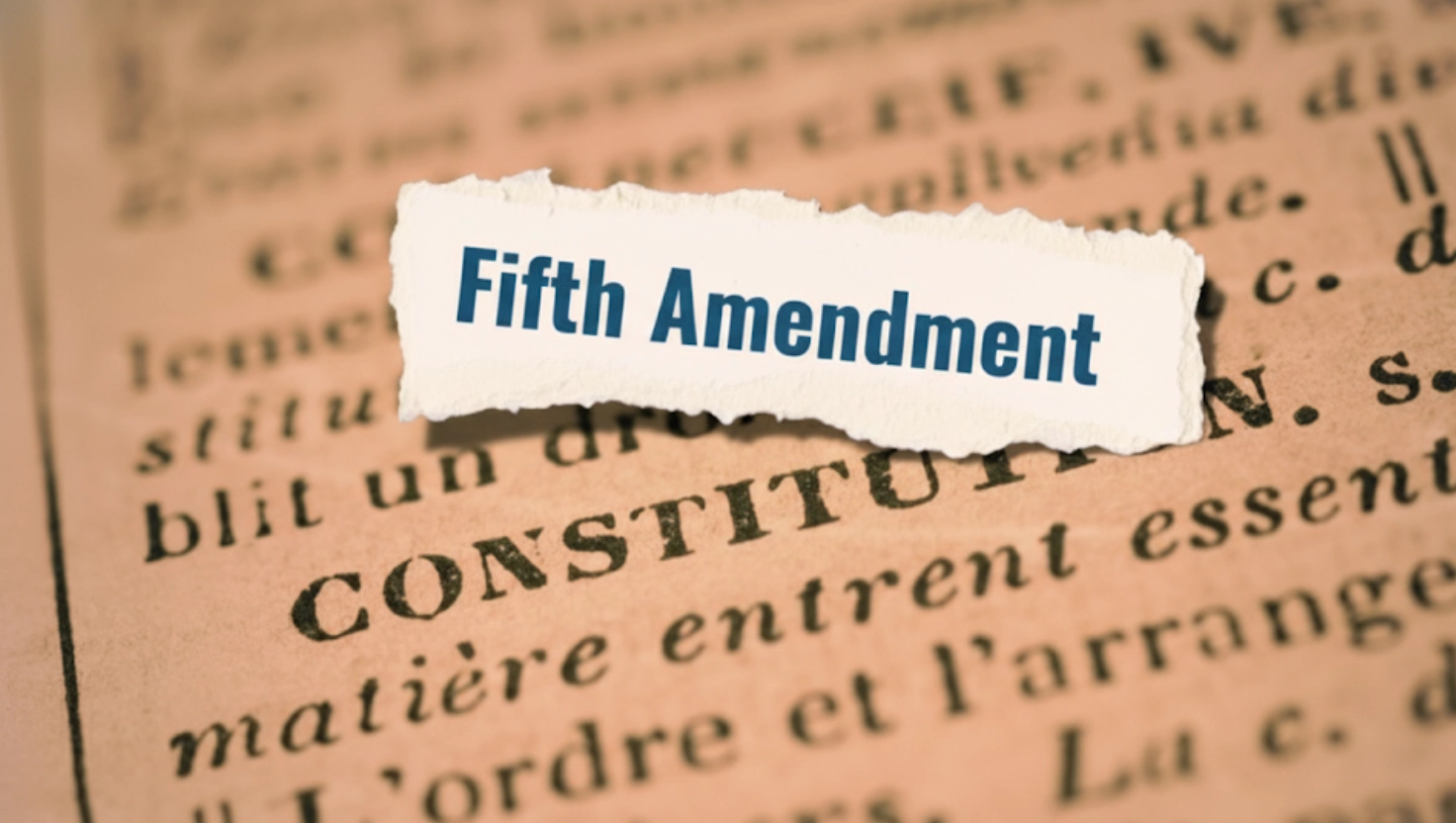As increasing scrutiny is being applied to proposed, new, and even existing law, one of the first questions often raised is, “Is this law, proposed bill, or ruling (in the case of court decisions) constitutional?” While such a claim may seem to be the purview of those who have studied “constitutionality,” and it should be seen for the serious claim it is, such an interpretation is not beyond the scope of common sense and a discerning mind.
What does “constitutional” mean? A quick internet search offers such phrases as “relating to,” “according to,” “consistent with,” “sanctioned by,” “permissible under,” and “inherent in” a constitution. In the United States of America, the United States Constitution provides the highest and broadest criteria of constitutionality, with individual state constitutions providing additional guidance for state powers, which must be in accordance with the higher authority.
Who can determine “constitutionality?” In the United States, that determination comes ultimately from the United States Supreme Court, but even that body is rarely in agreement within itself, indicating this is not a simple issue. Scholarly “experts,” as well as self-identified “experts,” often claim final authority on this level of discernment. Unfortunately, in this modern era of “experts” as the only allowable authority on almost everything—depending on who is in power and controlling the populace—“common” people are often accorded little or no credibility if they have a view regarding “constitutionality.” However, anyone, with the ability to read and apply common sense, may be able to, and should be respected if they, take a stand regarding constitutionality. The Supreme Court demonstrates this is a position that allows for differences of opinion, given the disparate opinions even within this exalted group.
At this time in history, the challenge of increasing government control of health decisions, including vaccinations, quarantine, and other extreme measures that might be implemented in the case of a “health emergency,” is coming into conflict with the concept of “constitutionality.”
The measures that might be forced upon individuals under a “health emergency,” can quickly conflict with the rights of every person. As an example, recently unvaccinated children were forced to be quarantined in response to a measles outbreak. Can such an action be viewed as unconstitutional?
This writer believes, “Absolutely.” In the United States Constitution the Fifth Amendment clearly states, “…nor be deprived of life, liberty, or property, without due process of law….” [Emphases added] To anyone who can read and think, it is possible to recognize that it would be contraindicated under this amendment to force vaccination that may threaten “life” or confine, isolate, or otherwise restrict “liberty,” which includes the freedom of movement, of any person. Those who think they are “experts” on the US Constitution might pull out a list of “clarifications” or objections to this interpretation. However, common sense must prevail. Our government at any level, should coerce no person, who is not a threat to himself or another person, to be forced to endanger his or her life, be punished, or be confined without just cause and recourse to the courts—before any action is initiated.
The State is now setting dangerous precedents regarding actions that are stripping the freedom and rights of people to protect, as they see fit, their lives and liberty. Despite the propaganda that has so effectively distorted the minds of the populace and instilled a pathological fear in far too many compliant people, basic human rights to life and liberty as recognized in the US Constitution must NOT be threatened or discarded.
So, YES. The quarantine of healthy people, regardless of “vaccination status,” should be held as an UNCONSTITUTIONAL overreach of government power. God help us if “experts” re-interpret “constitutionality” to give the State the extraordinary power to take away our most basic human and God-given rights. Life and liberty are protected under The Constitution of the United States of America.
Disclaimer: The views expressed in this article are those of the author and do not constitute legal or professional advice. ConservaTruth assumes no liability for any actions taken based on this content. Read more.

Subscribe to ConservaTruth's Email Newsletter for curated insights on South Carolina's legislative activities and conservative viewpoints, delivered straight to your inbox! With vetted and easy-to-understand information, our newsletter empowers you to become an informed and engaged citizen, actively participating in safeguarding our cherished Constitutional values. Don’t miss out on crucial updates—join our community of informed conservatives today!





Comments